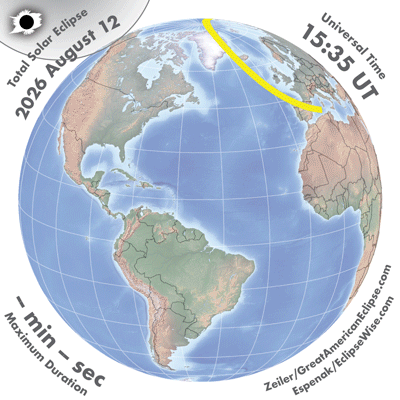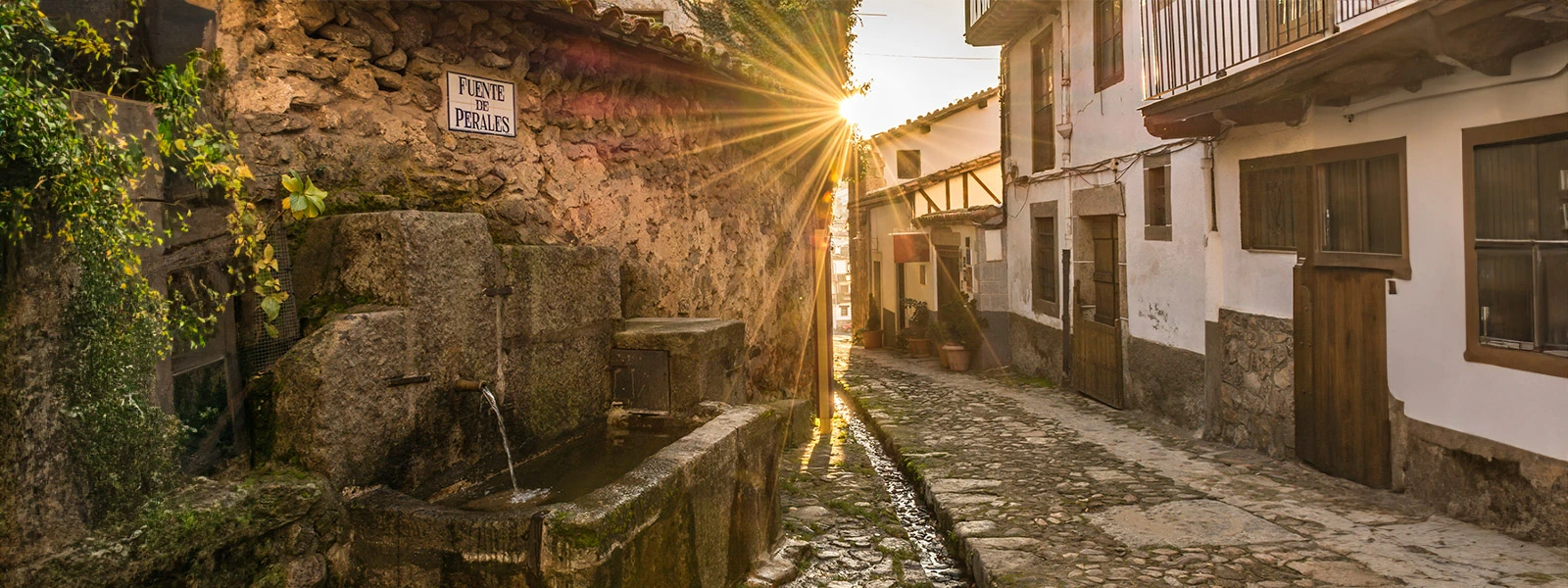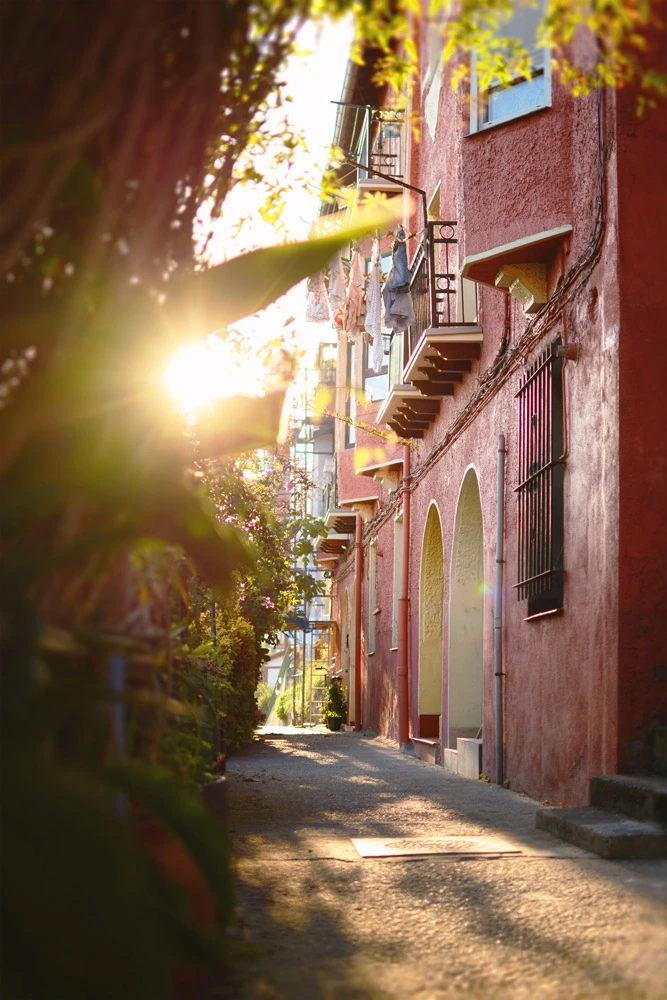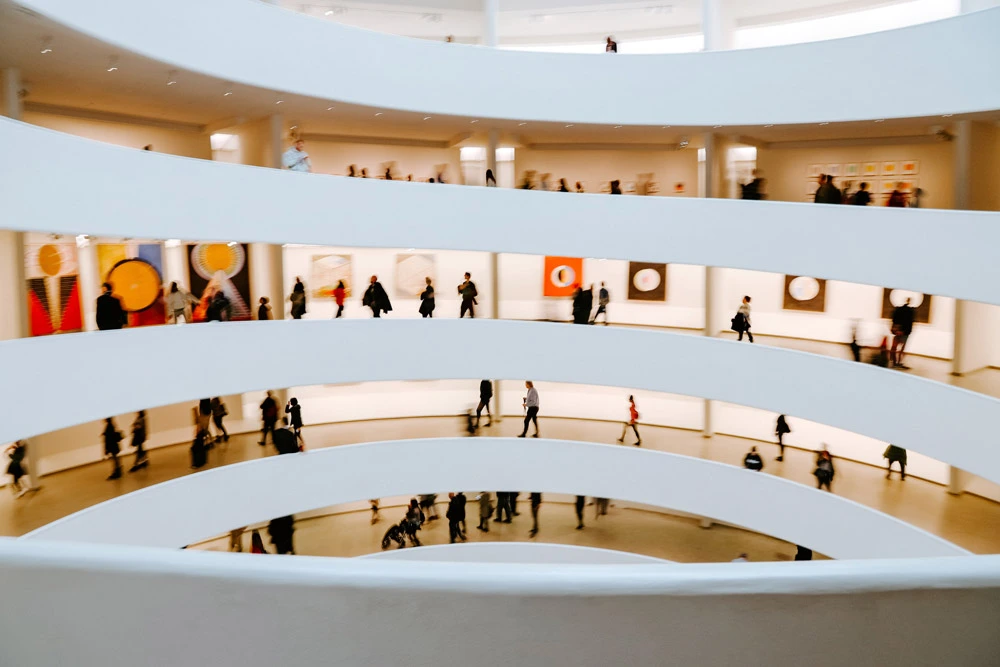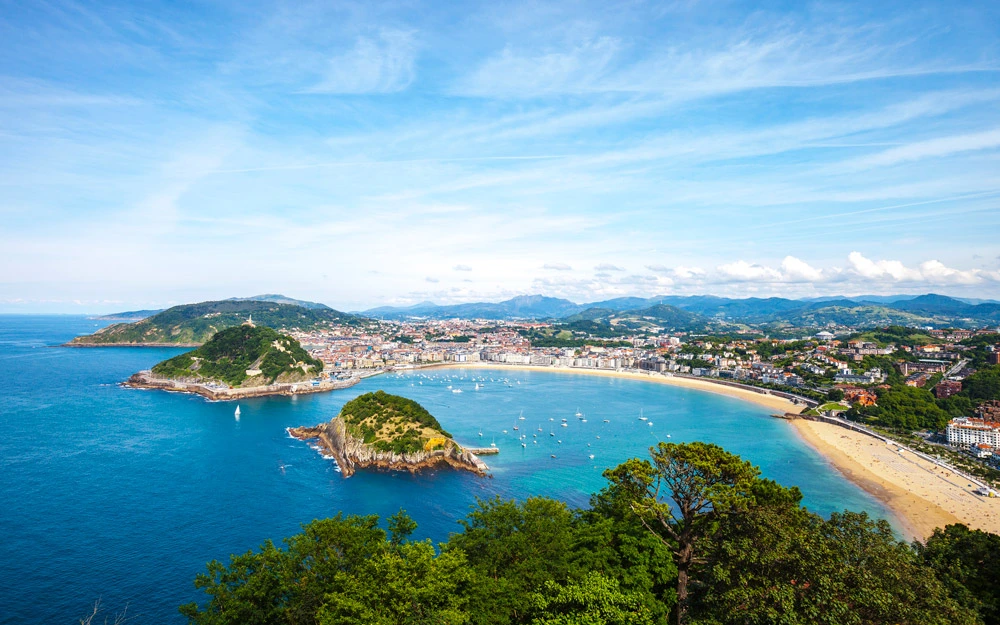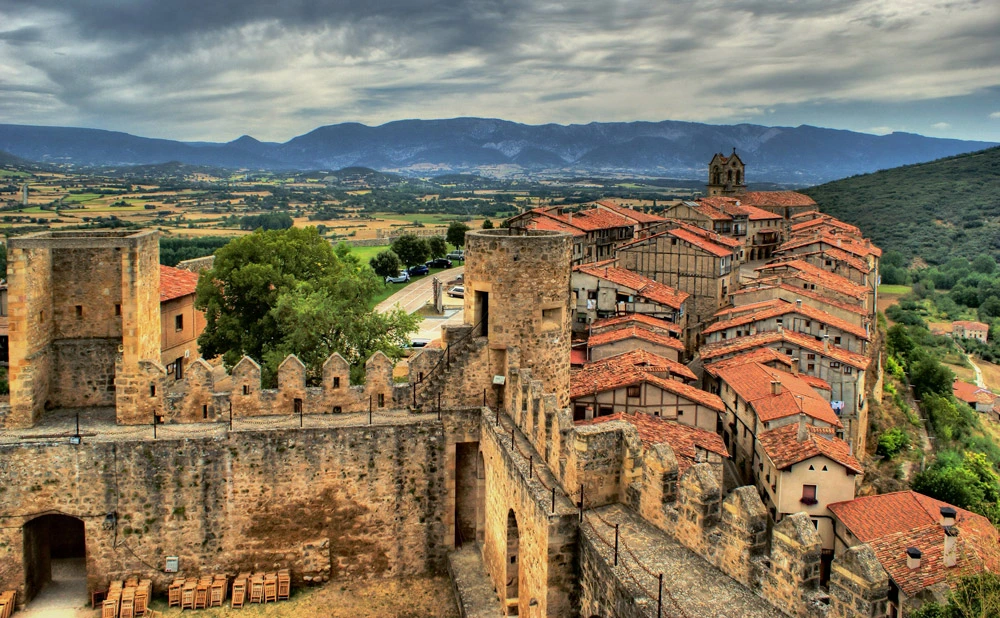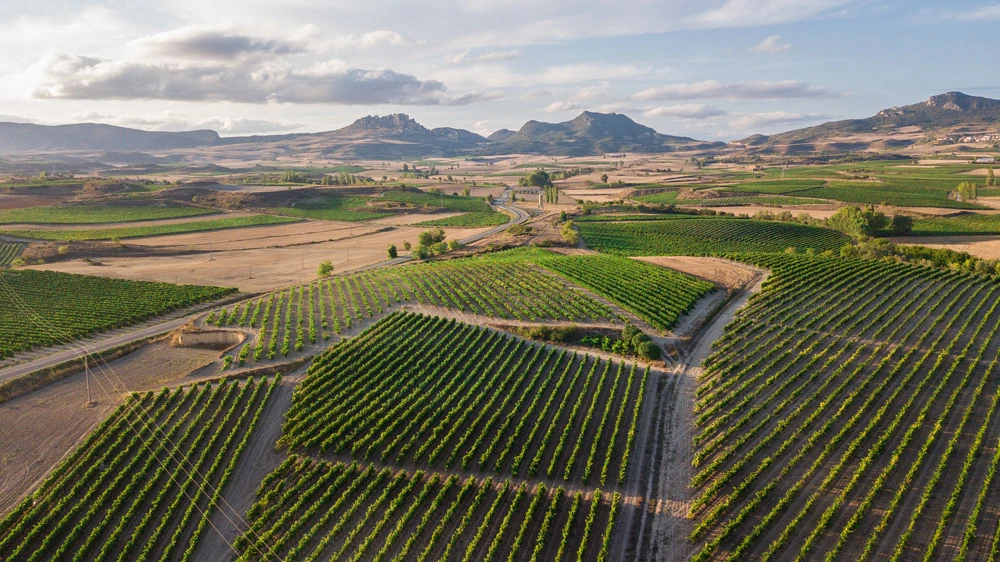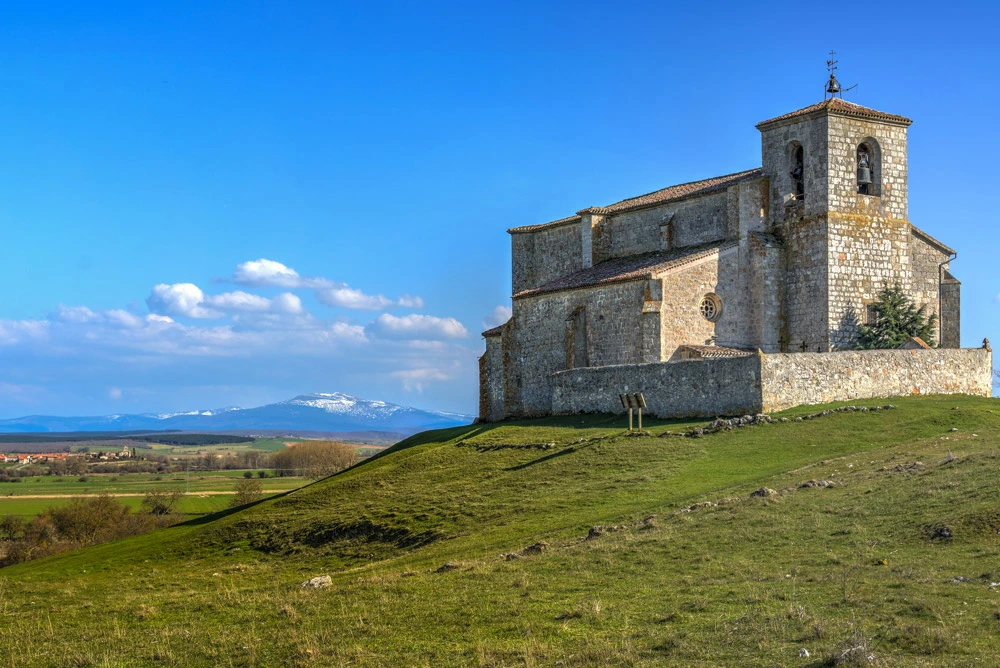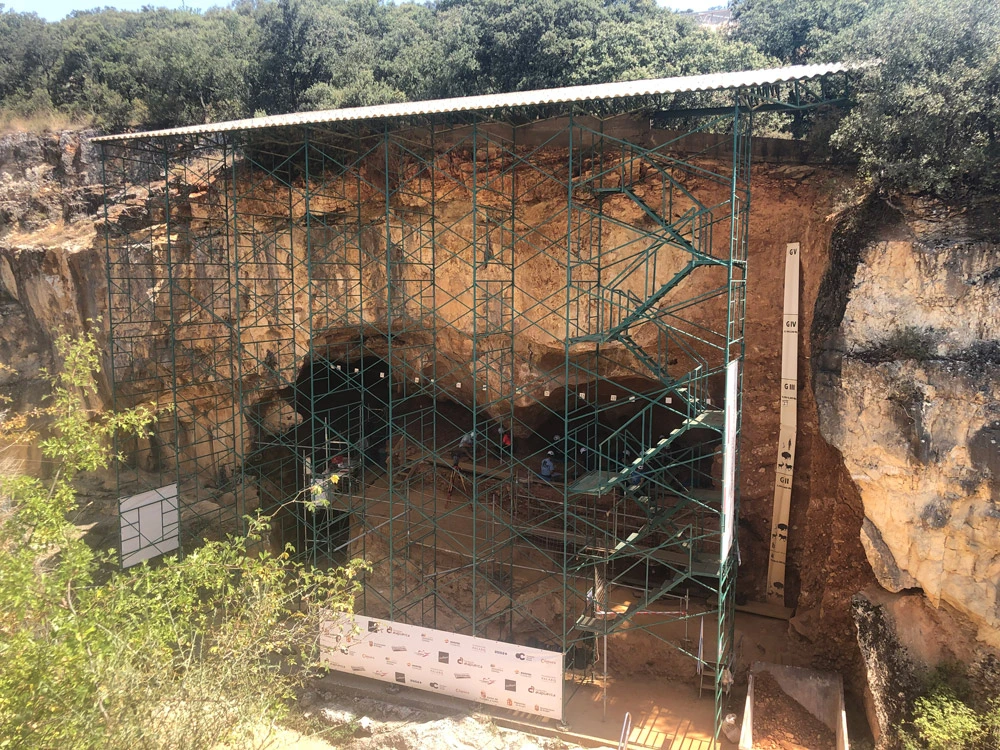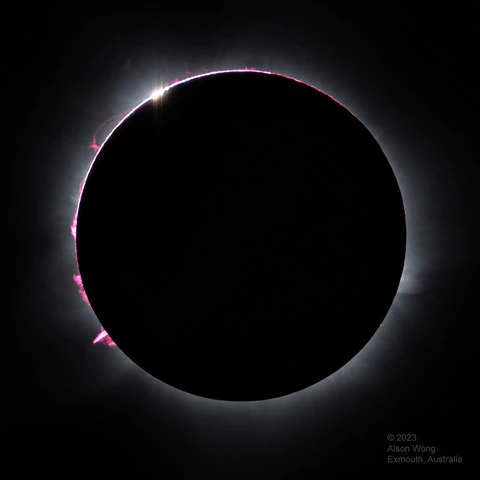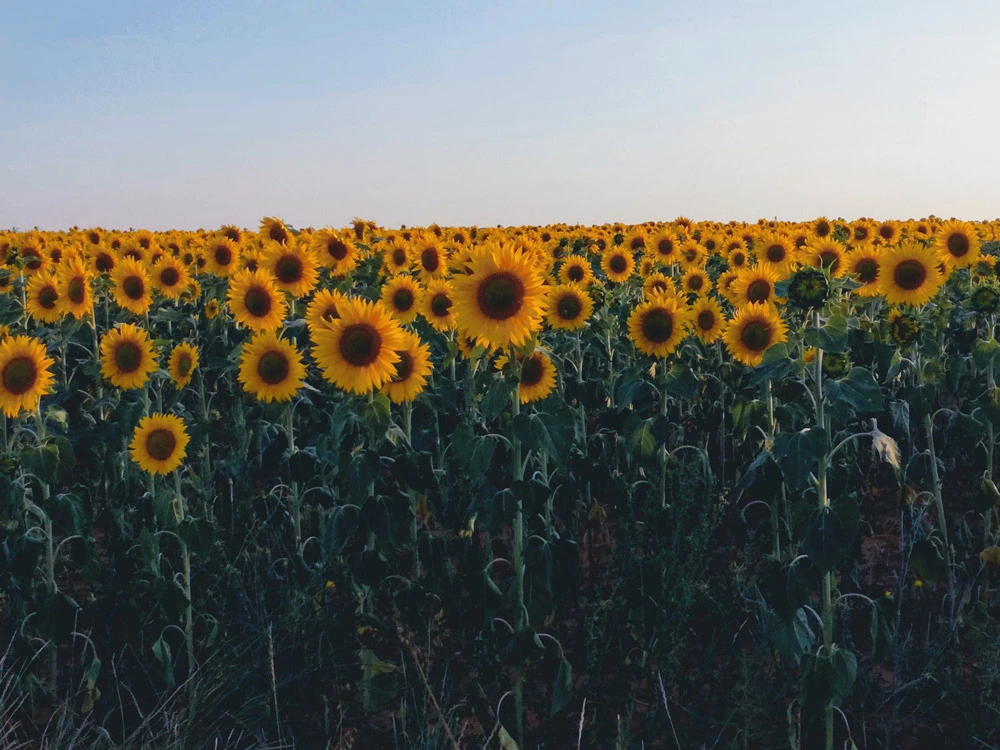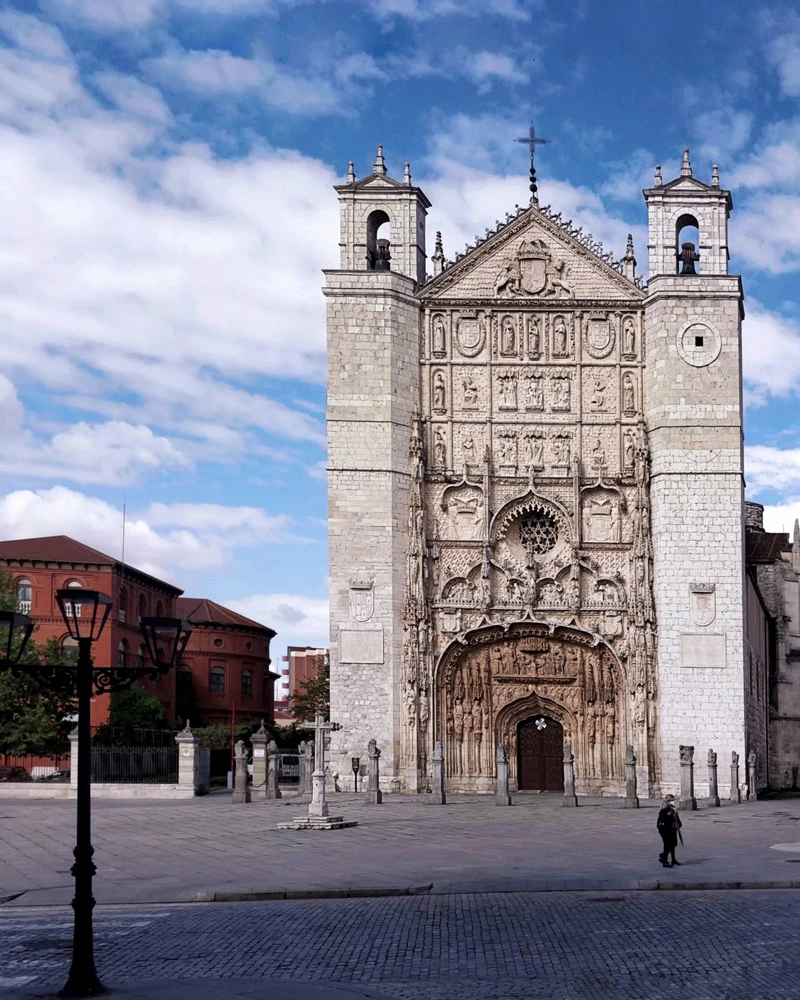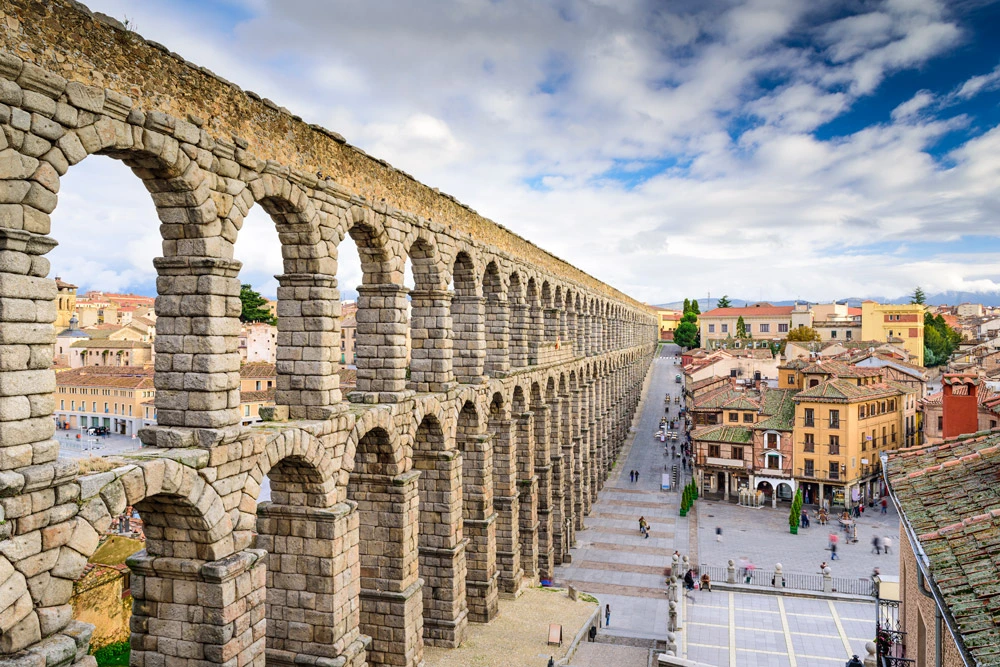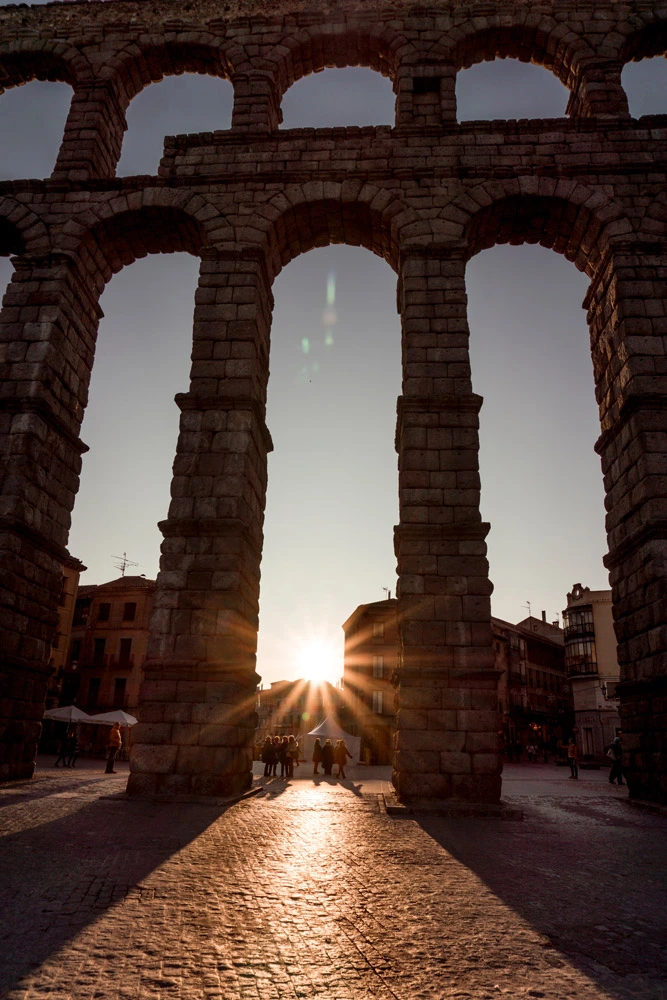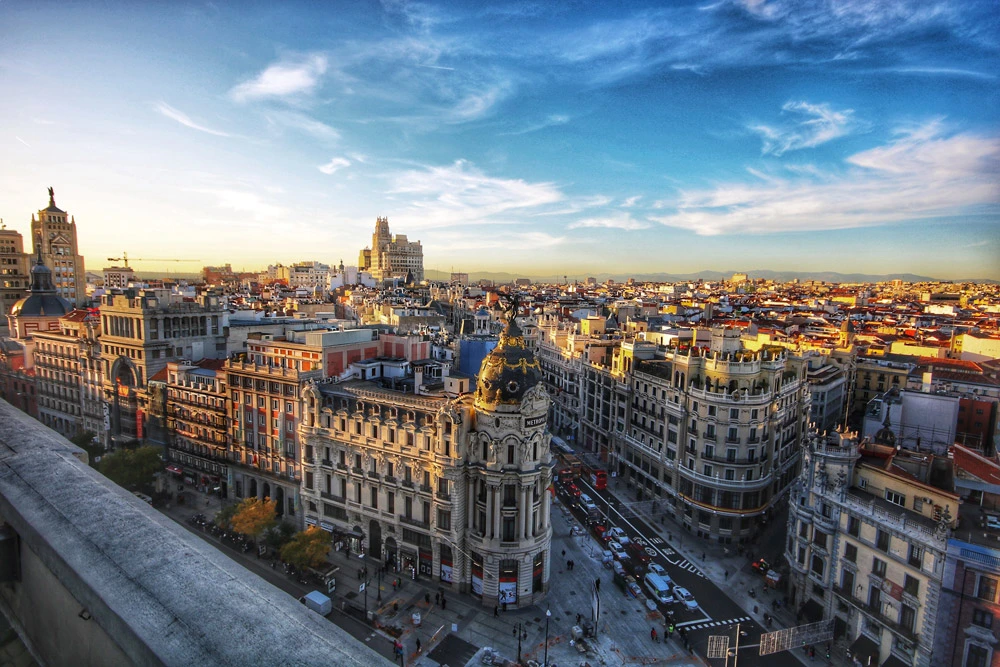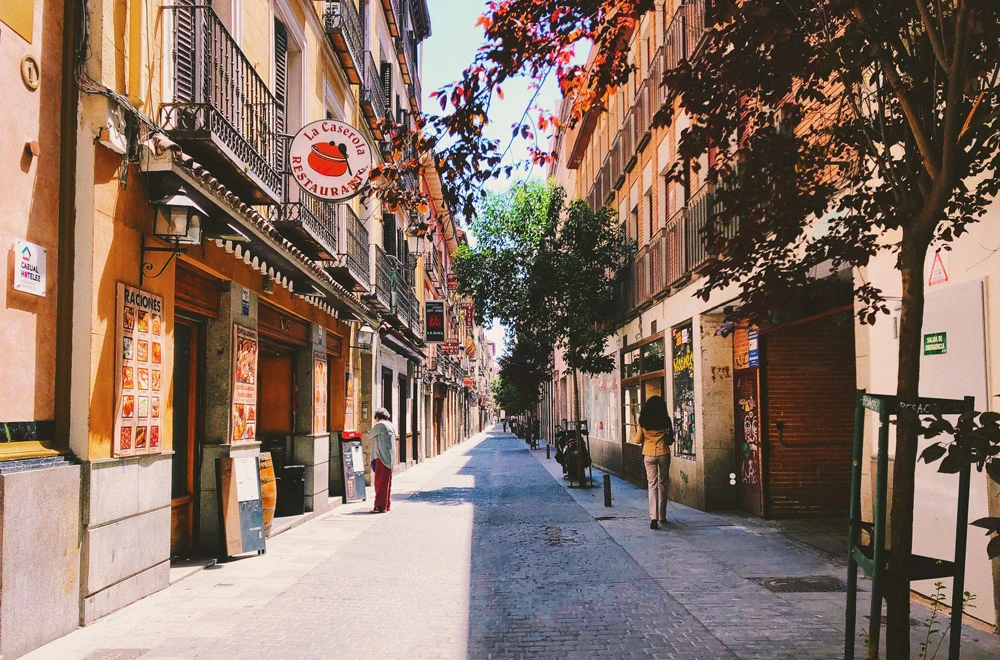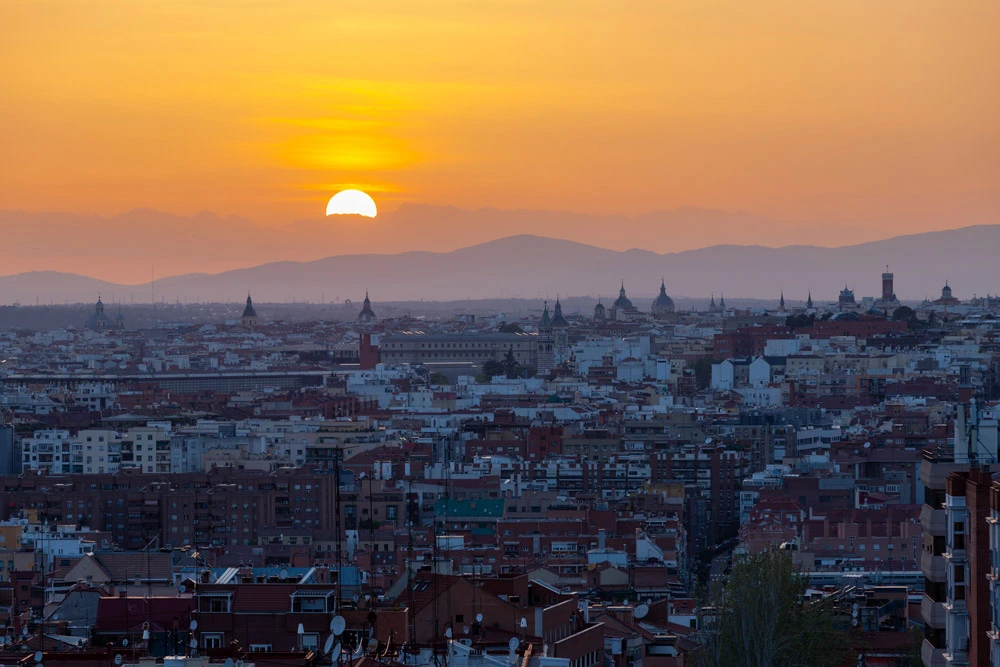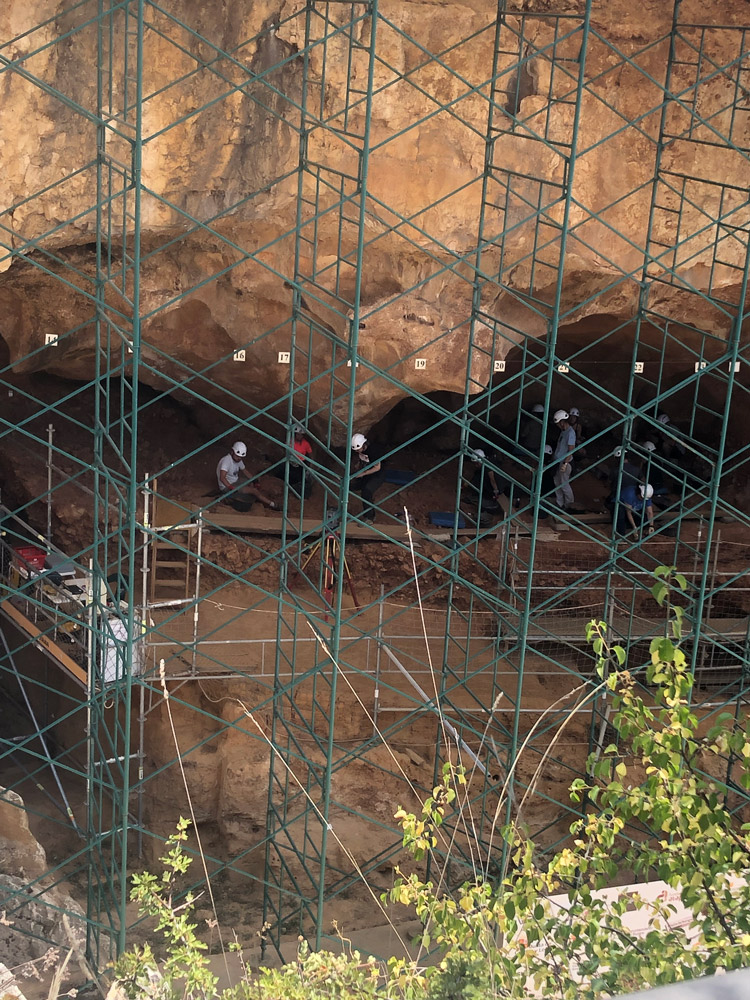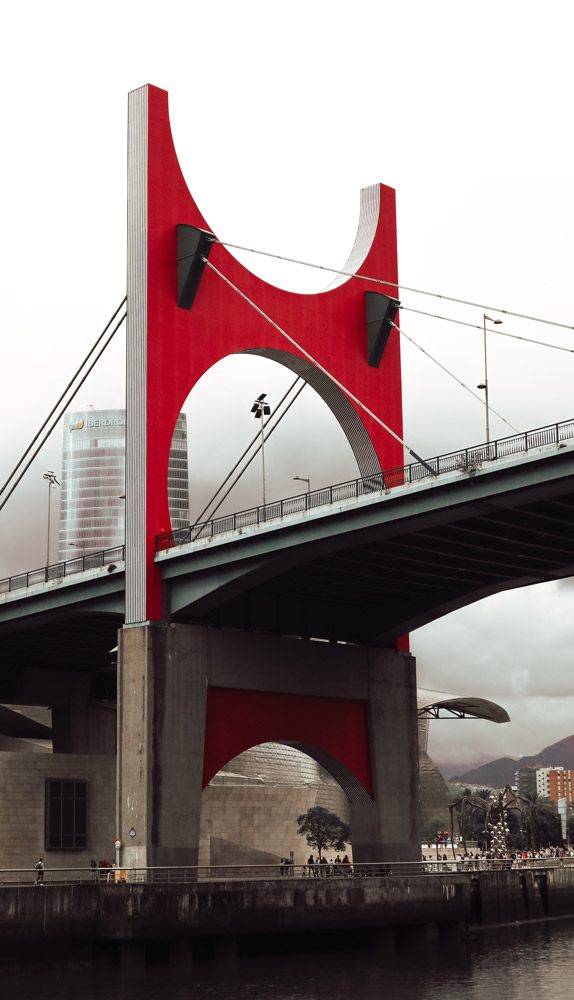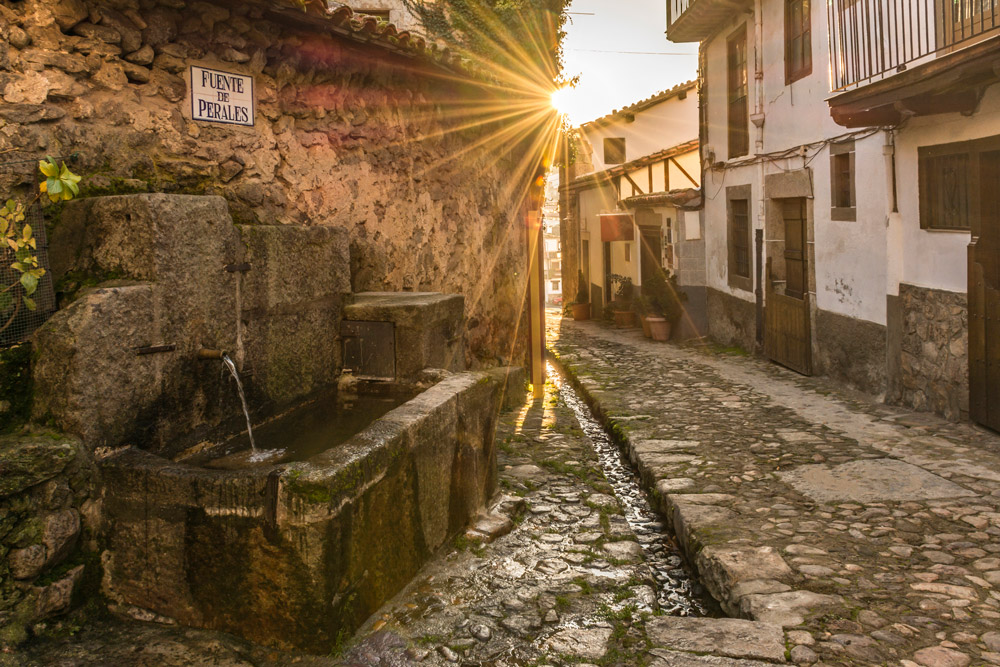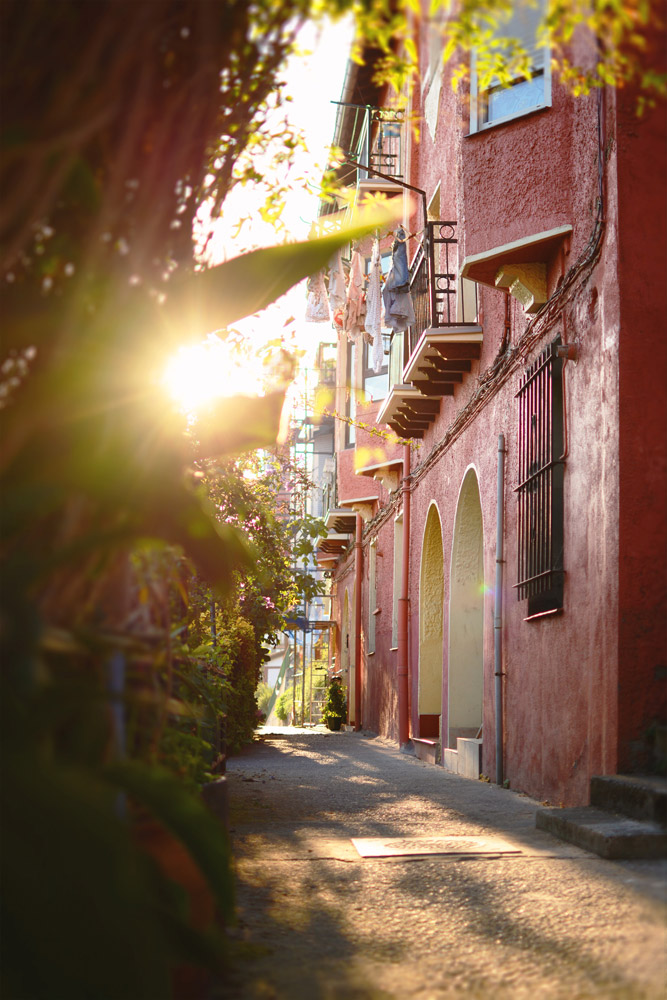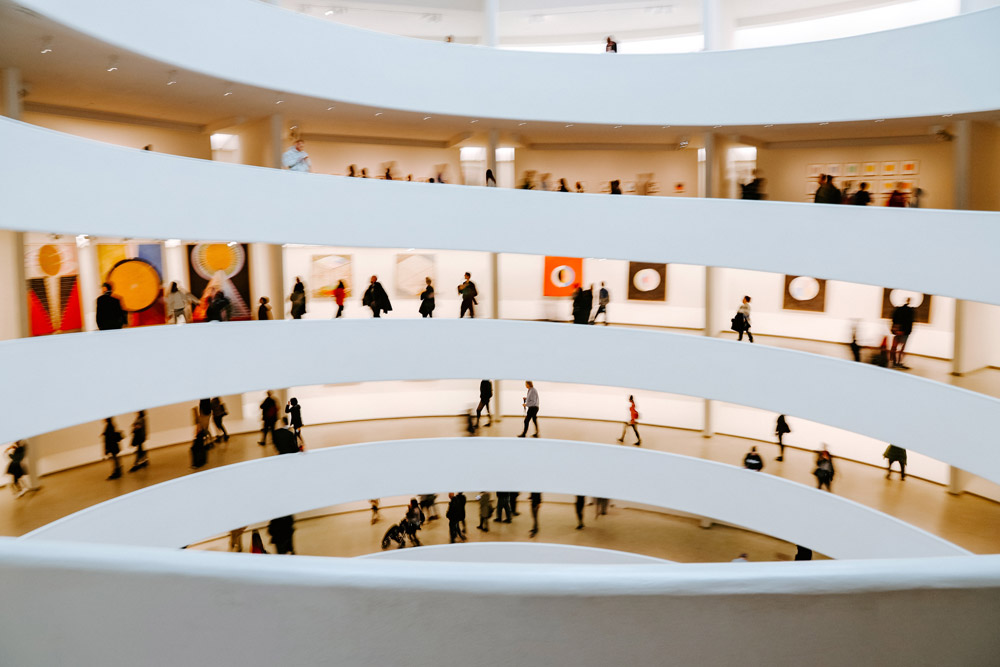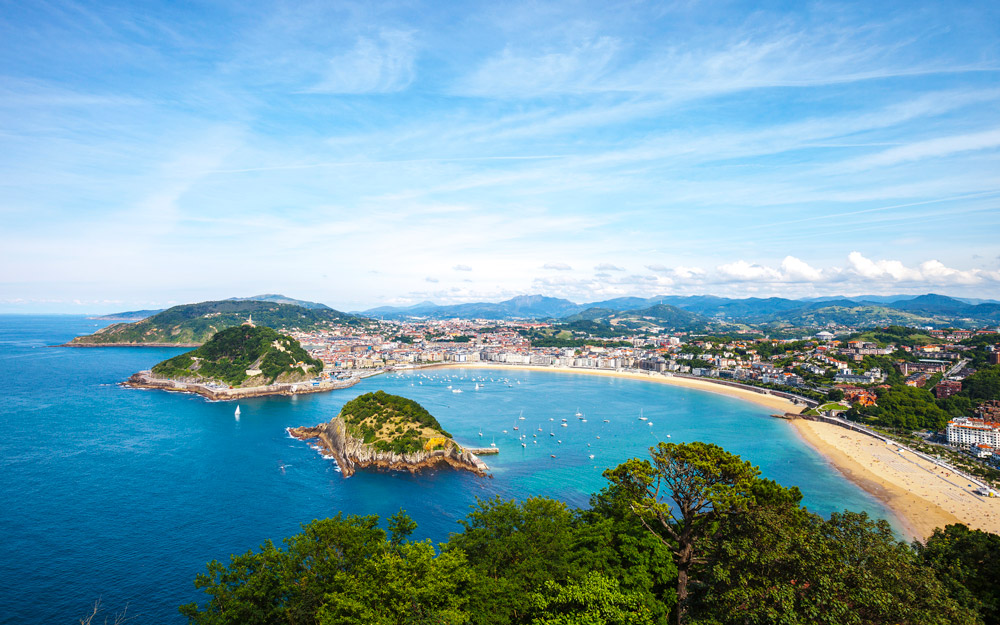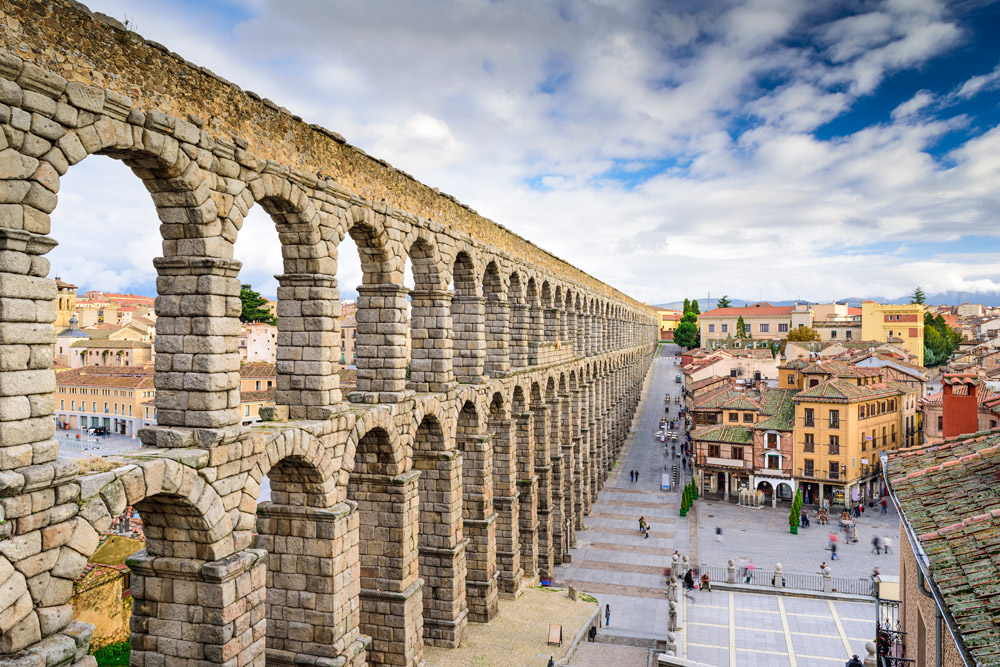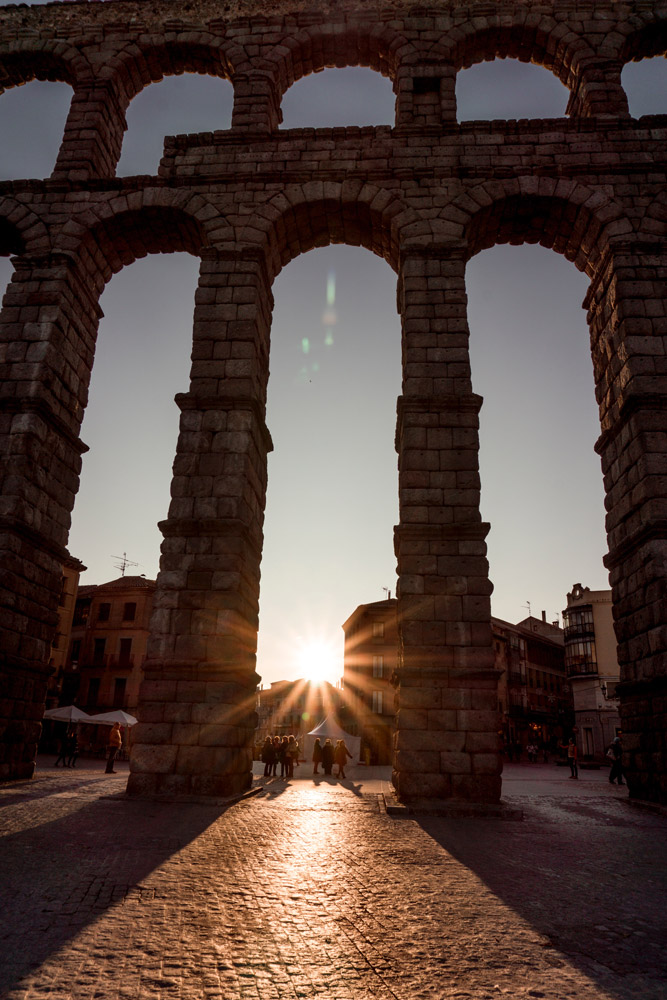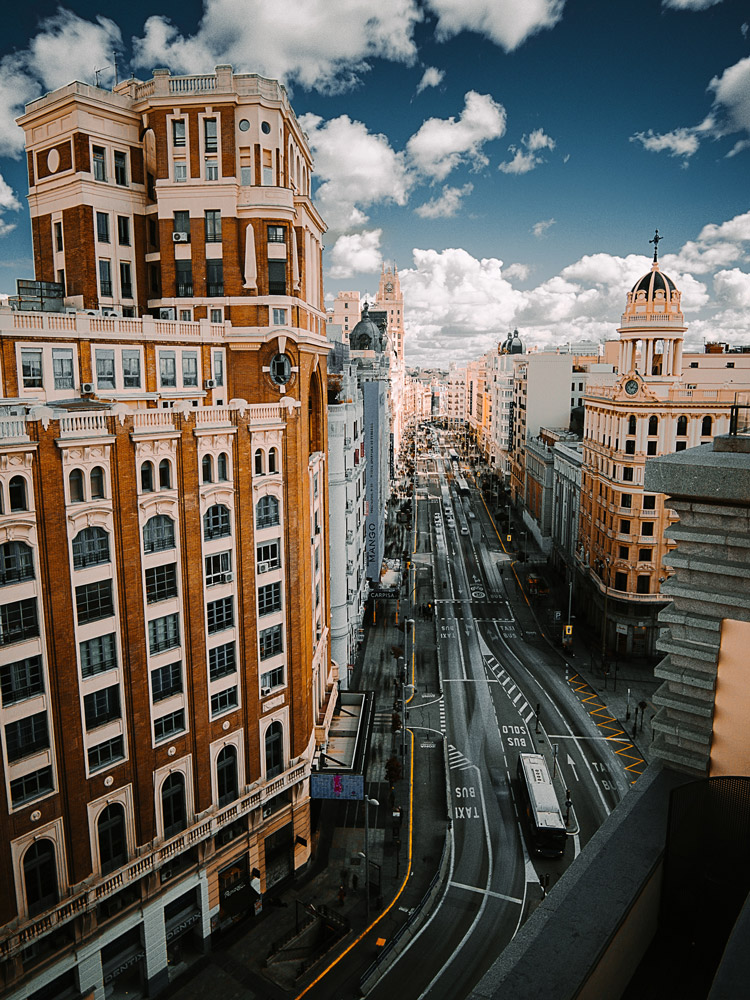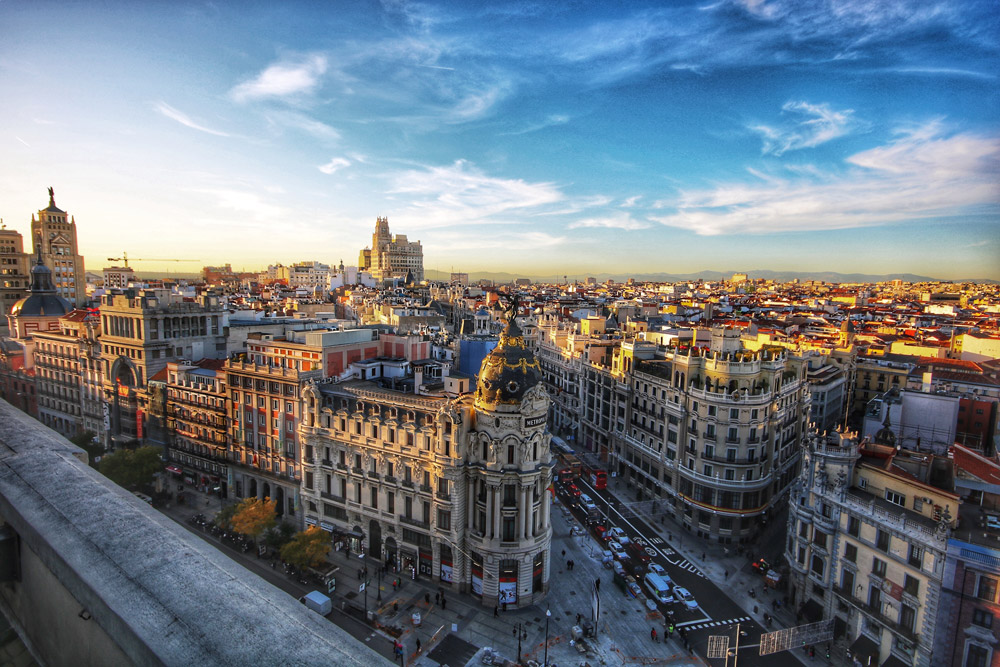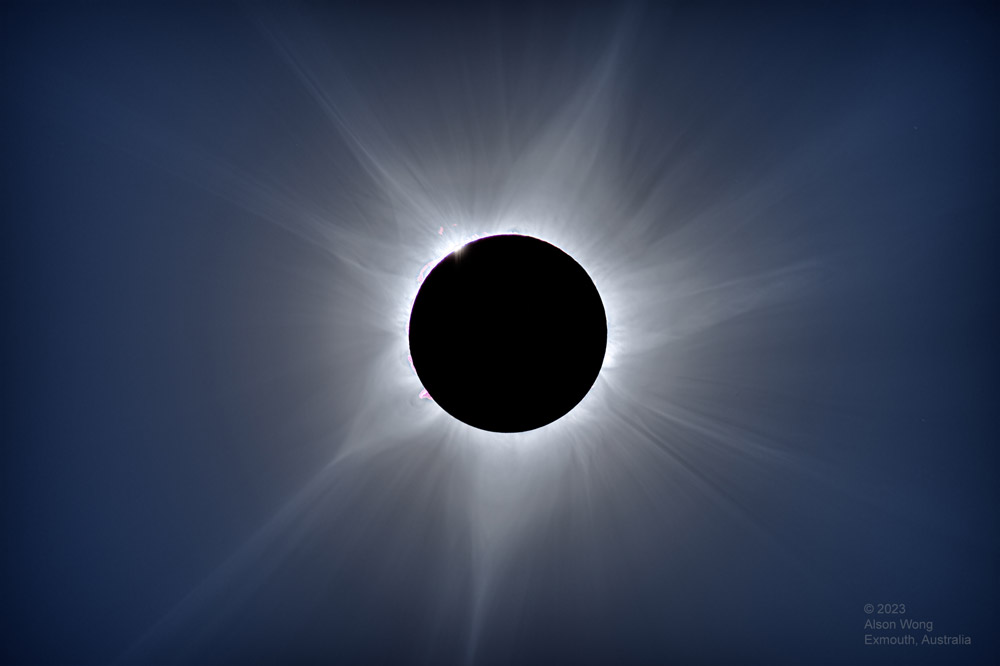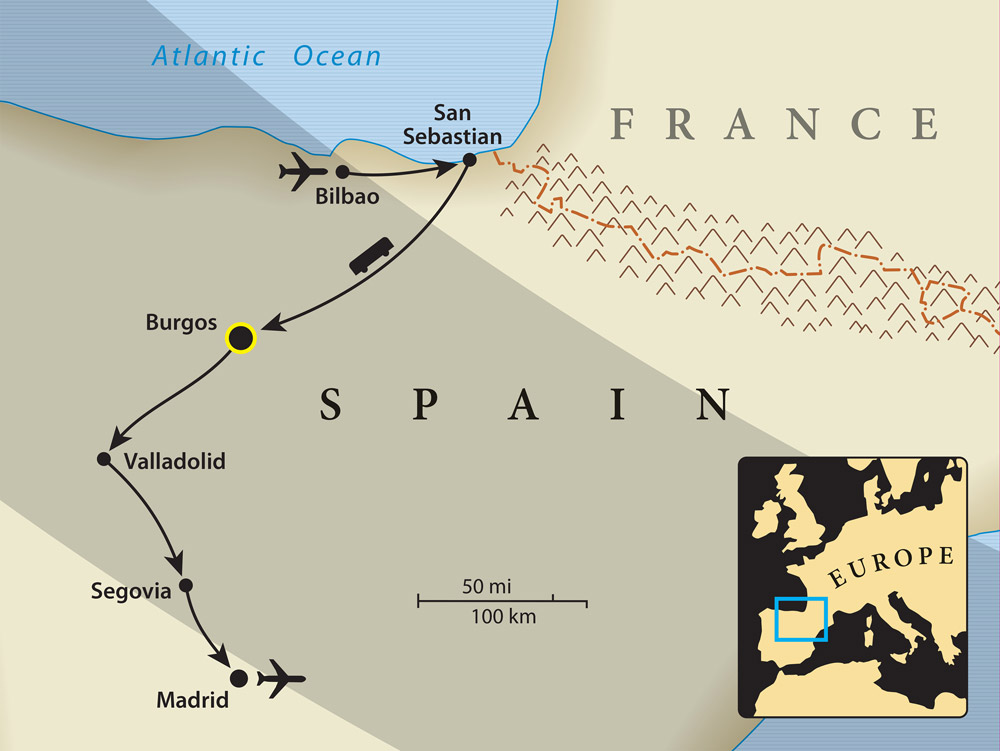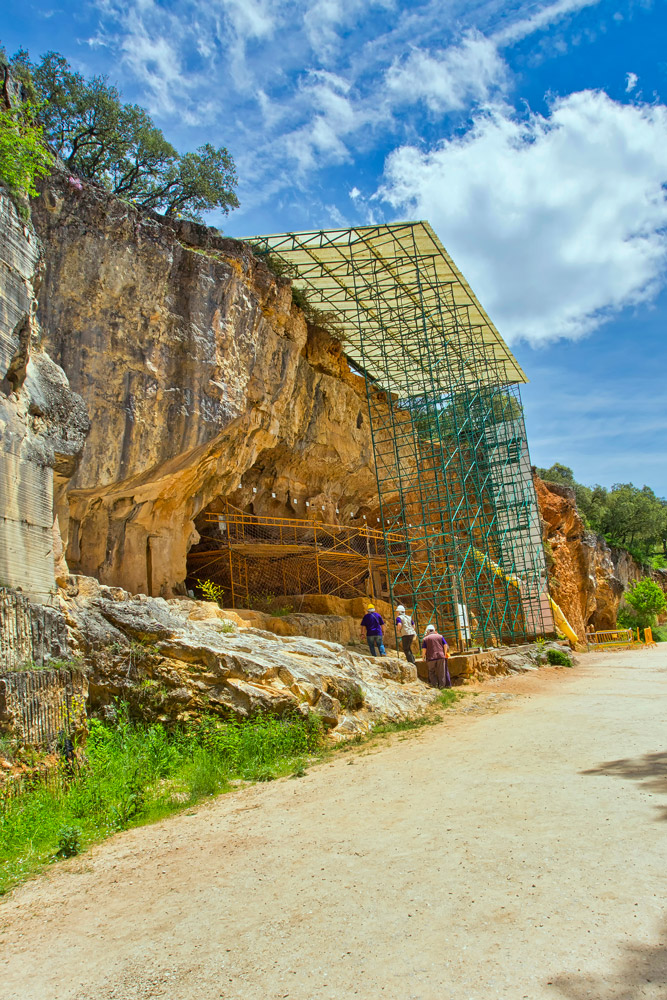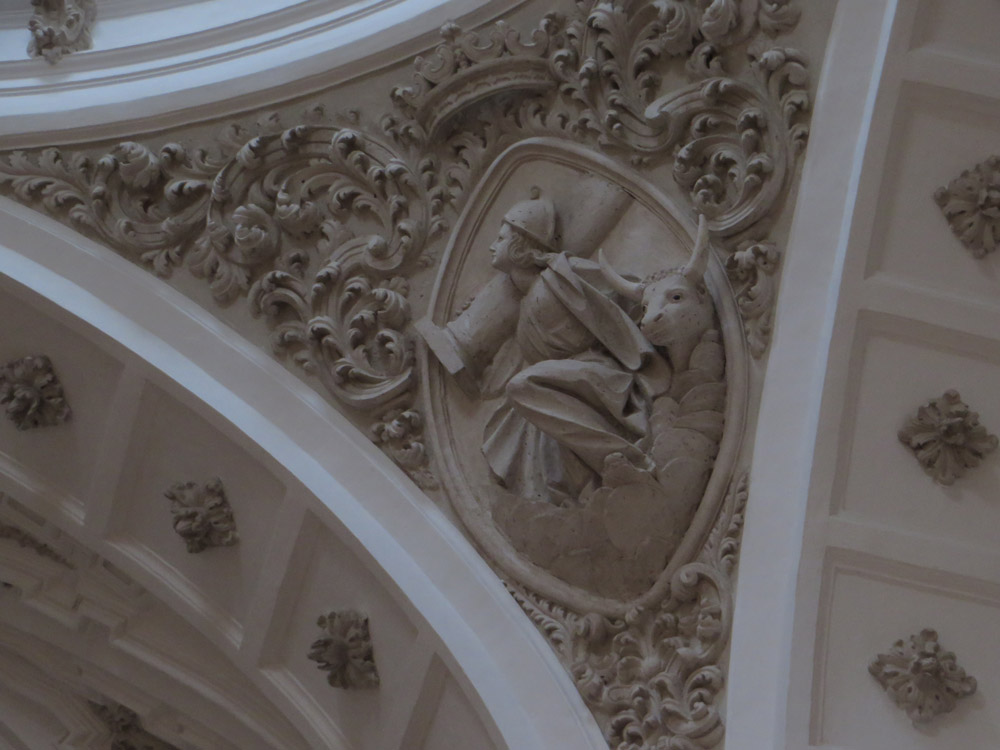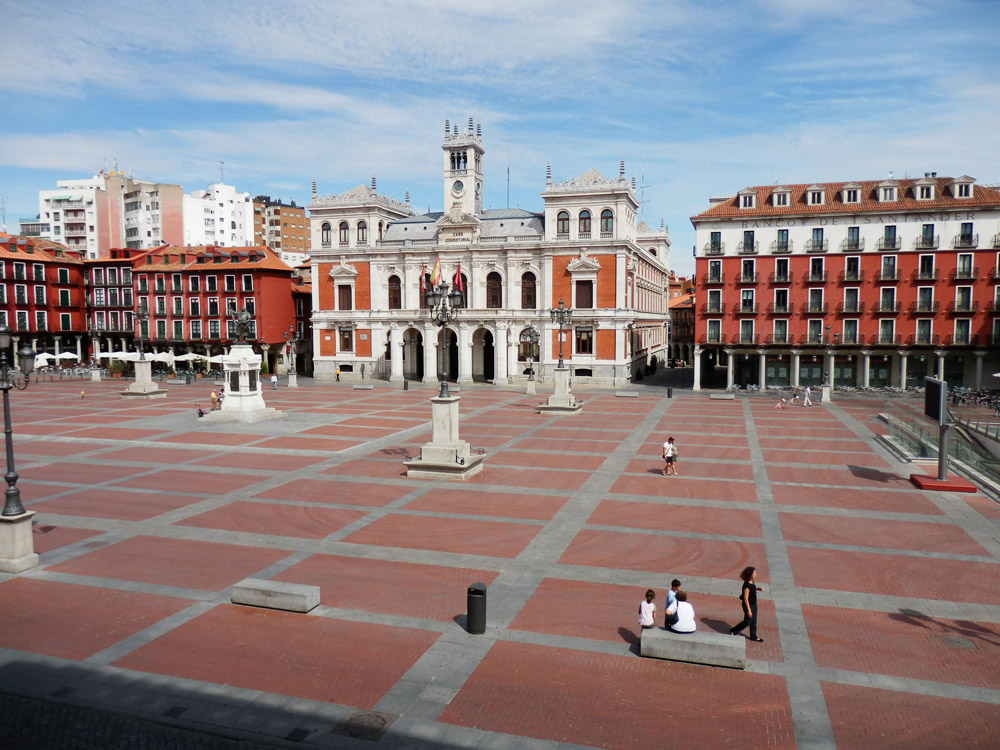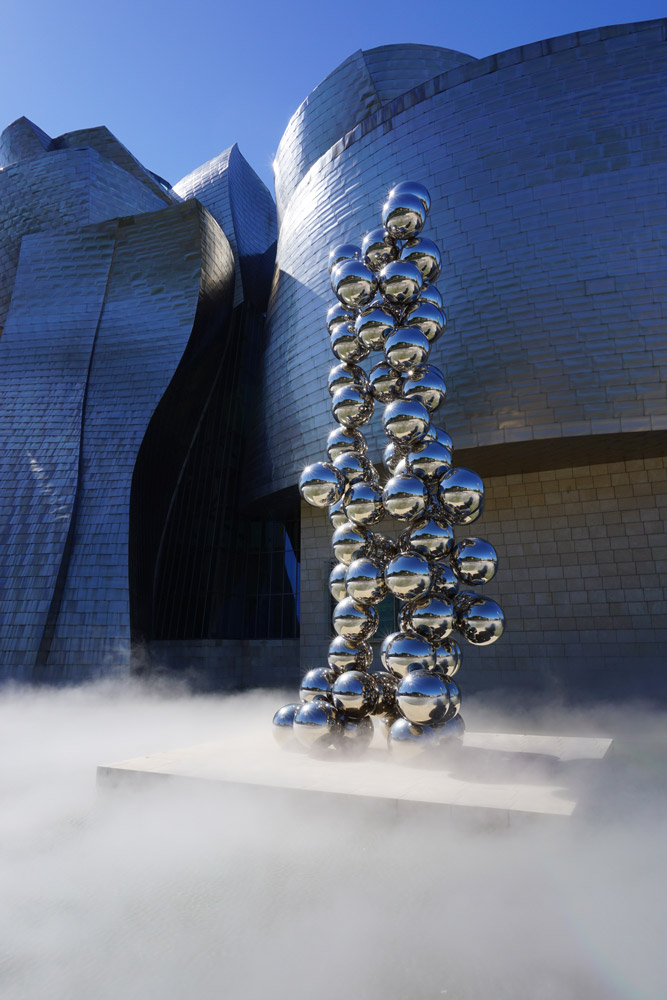July 31 - August 7, 2026
Arrive in Bordeaux and voyage through medieval villages, sample wine and explore prehistoric cave art dating back tens of thousands of years before your Spain Total Eclipse excursion. This exclusive experience will take you on an unforgettable journey that will deliver you to the beginning of your Spain Total Eclipse tour as you discover the architecture of villages, churches & cathedrals, and trek underground to a half dozen prehistoric caves including four listed as UNESCO World Heritage sites.
Day 1 – Arrive Bordeaux
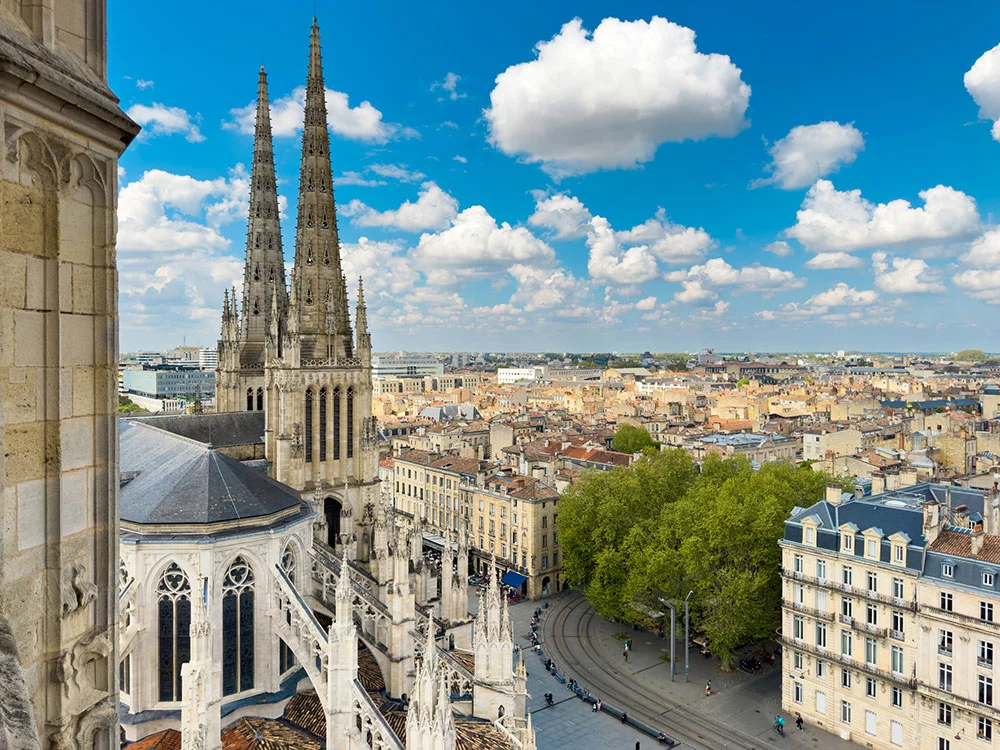
Welcome to France! Arrive into Bordeaux-Mérignac Airport (airport code: BOD) anytime today. A TravelQuest representative will be waiting for you at the airport and will assist you with the smooth transfer to our hotel. Then tonight, please join us for a Welcome Dinner and an overview of the journey ahead.
DATE(S): Friday, 31 July, 2026
MEALS: Dinner
ACCOMMODATIONS: Marty Hotel Bordeaux, Tapestry Collection by Hilton
Day 2 – St. Emillion and Les Eyzies
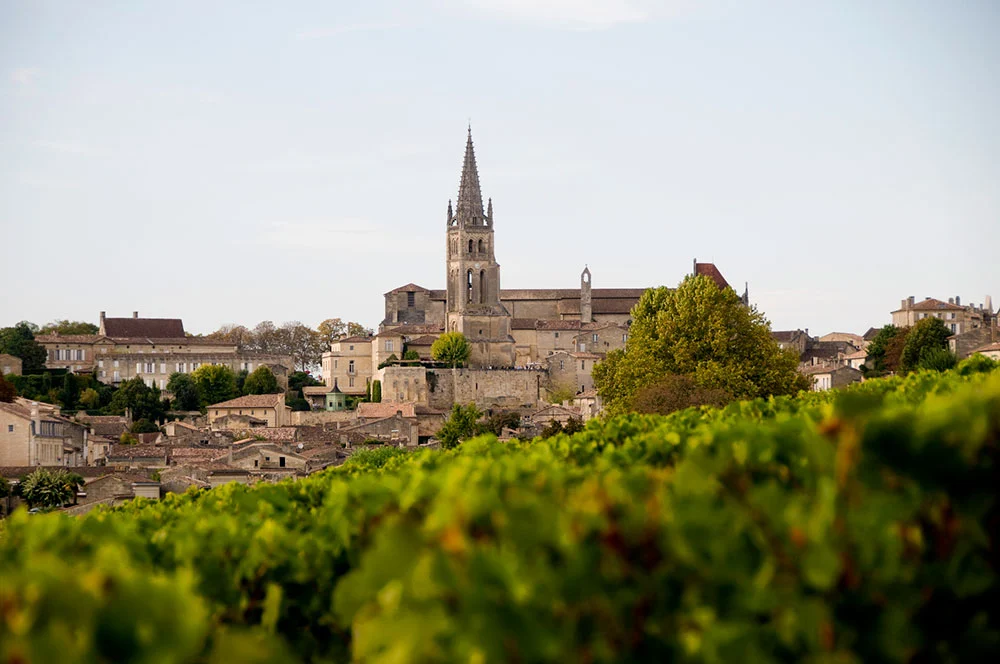

Nestled in the heart of the Bordeaux wine region, the medieval village of Saint-Émilion offers a captivating experience with its narrow cobblestone streets and ancient stone buildings. As you stroll through this UNESCO World Heritage site, you'll discover the town’s rich history, dating back to Roman times, and its deep connection to winemaking. Explore the charming town square, lined with cafés and boutique shops, and visit the stunning Monolithic Church, carved entirely from limestone. The church's underground crypt and vast, subterranean galleries offer a glimpse into the town's architectural marvels. Along the way, enjoy panoramic views of the surrounding vineyards, one of which we will tour, which have made Saint-Émilion one of the most famous wine-producing regions in the world.
DATE(S): Saturday, 1 August, 2026
MEALS: Breakfast, Dinner
ACCOMMODATIONS: Hotel Le Centenaire or similar
Day 3 – Museums and Caves
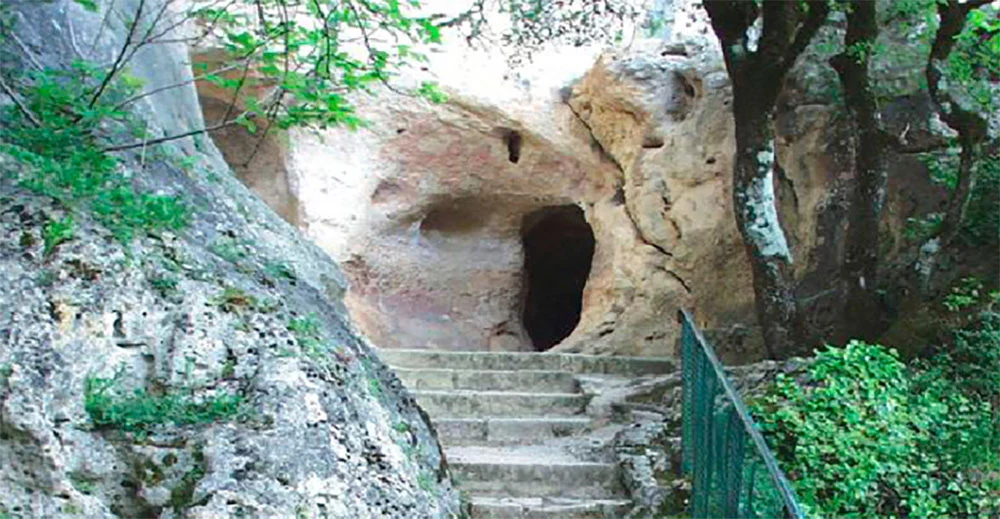
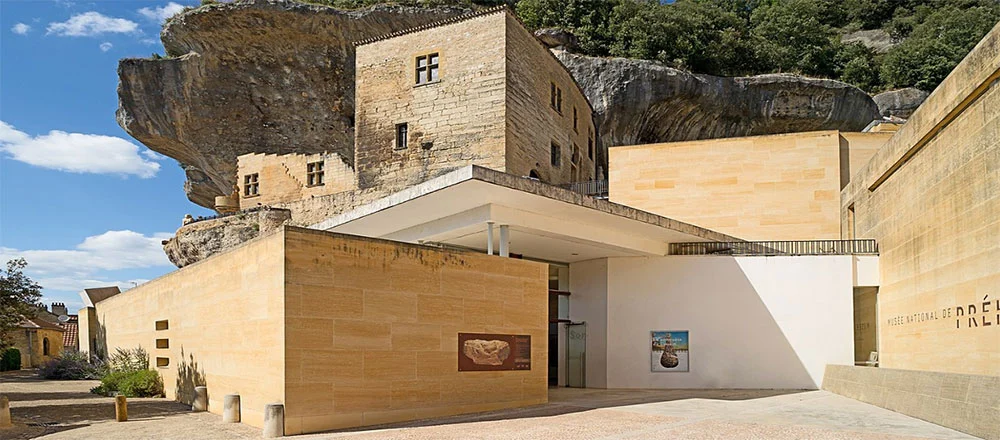
Today we begin with a visit to the Musée National de Préhistoire in Les Eyzies-de-Tayac, located in the heart of the Dordogne region of southwestern France, is one of the most significant prehistoric museums in Europe. Set in a stunning landscape of cliffs and caves, the museum is dedicated to the prehistoric era and showcases the rich history of early humans who once inhabited the area. The museum's collections span more than 500,000 years of history, featuring remarkable artifacts from the Paleolithic, Mesolithic, and Neolithic periods.
Our next stop will be the Les Combarelles Cave, one of the most important prehistoric sites in the Vézère Valley of southwestern France, renowned for its remarkable cave paintings. Located near the village of Les Eyzies-de-Tayac, this limestone cave was discovered in 1901 and is famed for its intricate engravings, believed to date back to the Upper Paleolithic period, around 12,000 years ago. The cave is especially significant because of the wide range of animal motifs that adorn its walls—such as bison, horses, and reindeer—carved with exceptional detail and skill. These engravings provide vital insights into the symbolic and artistic practices of early humans.
And finally, just a short distance from Les Combarelles, Font-de-Gaume is another iconic prehistoric cave, renowned for its stunning polychrome (multi-colored) paintings, which are among the last examples of such artwork open to the public. The paintings are believed to be around 17,000 years old, and they offer a captivating glimpse into the artistic expression of early humans during the Magdalenian period.
DATE(S): Sunday, 2 August, 2026
MEALS: Breakfast, Dinner
ACCOMMODATIONS: Hotel Le Centenaire or similar
Day 4 – Lascaux IX
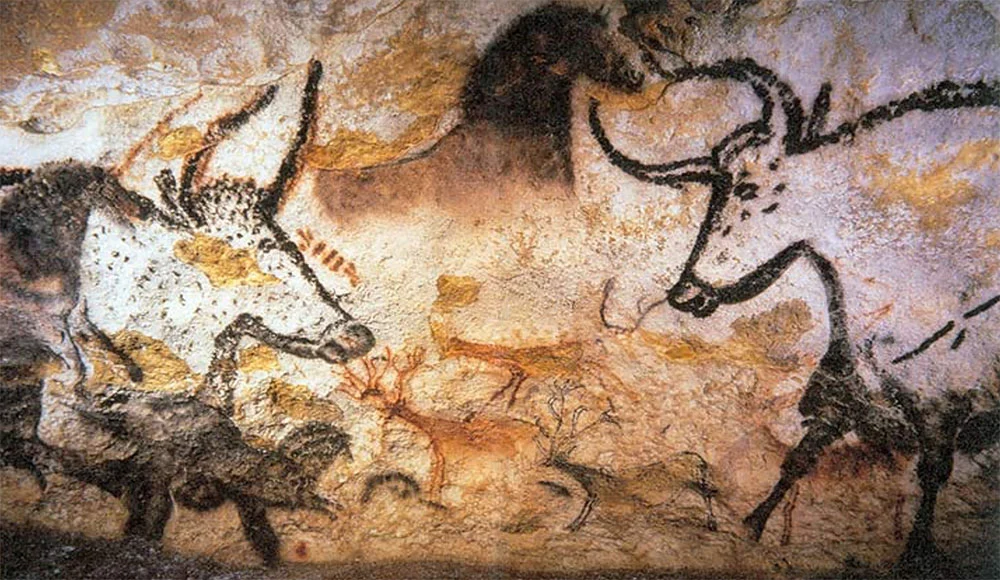
Today we travel to Sarlat La Caneda to visit the Lascaux IV: The International Centre for Cave Art, a cutting-edge facility dedicated to preserving and showcasing the world-renowned Lascaux Caves in southwestern France. Discovered in 1940, the original caves contain some of the most remarkable prehistoric art, with intricate paintings of animals such as bison, horses, and deer, dating back around 17,000 years to the Magdalenian period. The Lascaux IV Centre, opened in 2016, offers a faithful replica of the original cave system, allowing visitors to explore these extraordinary artworks without the risk of damaging the fragile originals. The immersive experience includes advanced multimedia displays and interactive exhibits, giving insights into the cave’s discovery, the artistic techniques of the ancient creators, and the cultural context in which they lived.
Beyond the cave replica, Lascaux IV features an exhibition hall with artifacts, films, and scientific explanations, providing a deeper understanding of the paintings and their significance. You will learn about the conservation efforts, the research conducted on the cave’s artwork, and the scientific tools used to study the pigments and methods of the prehistoric artists.
DATE(S): Monday, 3 August, 2026
MEALS: Breakfast, Dinner
ACCOMMODATIONS: Best Western Plus Hotel Divona Cahors
Day 5 – Saint-Etienne de Cahors
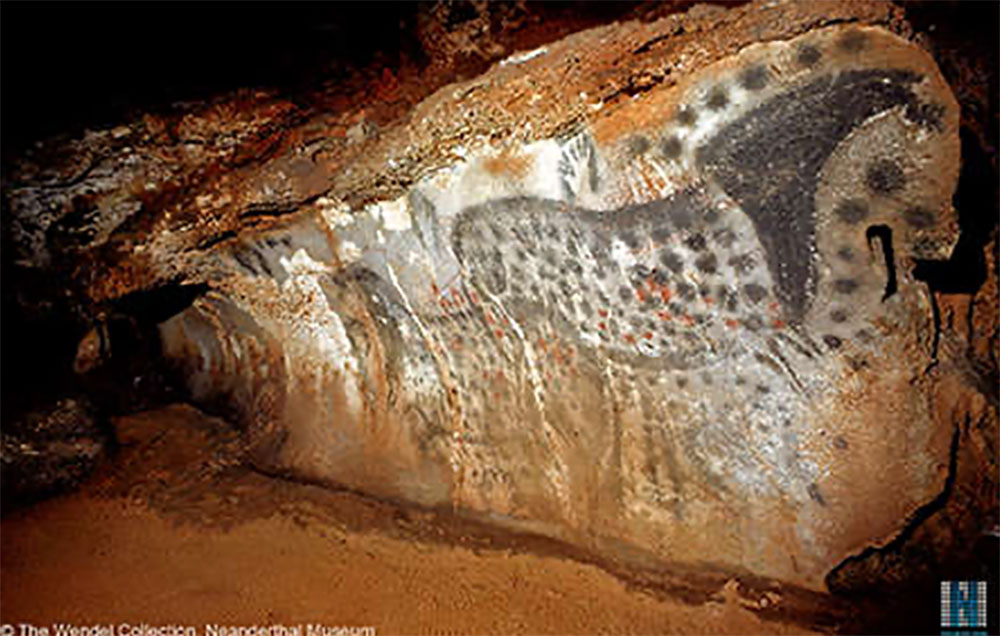
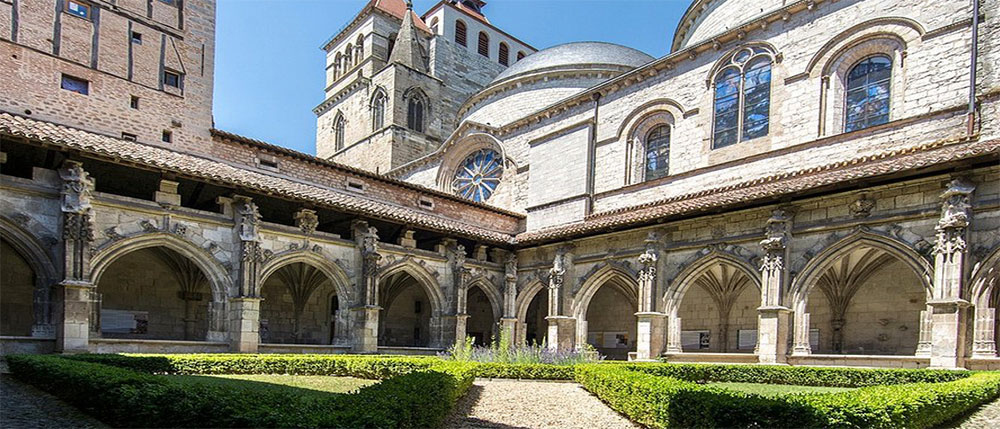
Today, we begin with a visit to the Saint-Étienne de Cahors Cathedral, a remarkable masterpiece of Gothic architecture, nestled in the heart of Cahors, a charming town in southwestern France's Occitanie region. Dating back to the 12th century, the cathedral is renowned for its remarkable Romanesque and Gothic features, including its unique double-arched nave and beautiful stained-glass windows. One of the cathedral's most striking features is its large, curved stone vault — the largest of its kind in France — and its iconic bell tower, which rises dramatically over the town.
Just a short drive from Cahors, Pech Merle Cave offers a fascinating glimpse into the distant past, where prehistoric humans left behind remarkable paintings and engravings. The cave, which has been inhabited for over 25,000 years, is famous for its ancient artwork, which includes representations of animals like bison, horses, and mammoths, as well as mysterious human handprints. The cave's walls are adorned with vivid, well-preserved images created using natural pigments, showcasing the advanced artistic abilities of our early ancestors.
DATE(S): Tuesday, 4 August, 2026
MEALS: Breakfast, Dinner
ACCOMMODATIONS: Best Western Plus Hotel Divona Cahors
Day 6 – Cave of Niaux
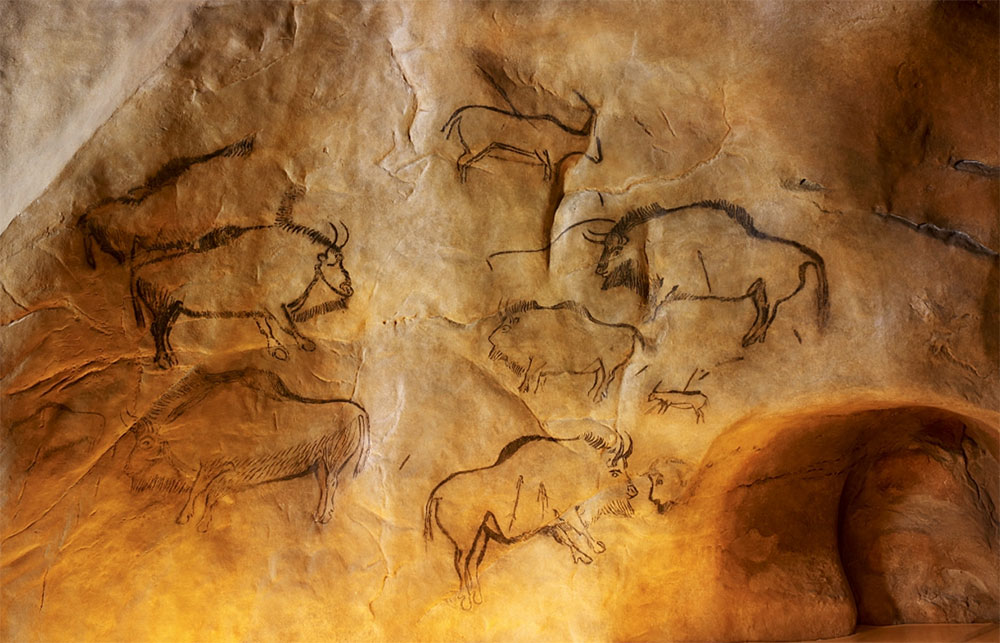
The Cave of Niaux is one of the most famous prehistoric sites in France, renowned for its stunning and well-preserved Paleolithic cave paintings. Located in the foothills of the Pyrenees, near the village of Niaux in the Ariège region, this cave dates back around 14,000 years to the Upper Paleolithic period. You will be transported back in time as you walk through its narrow passageways, marveling at the incredible artwork that adorns its walls, especially the depictions of bison, horses, and ibex, created by early humans.
The artwork in Niaux is notable for its remarkable level of detail and the use of natural pigments. Some of the most striking images are found in the "Salon Noir," a large chamber where the most complex and vivid drawings are displayed. The cave's remote location has helped preserve the art from the ravages of time.
DATE(S): Wednesday, 5 August, 2026
MEALS: Breakfast, Lunch
ACCOMMODATIONS: Hotel Mercure de Saint-Lary
Day 7 – Travel to Bilbao
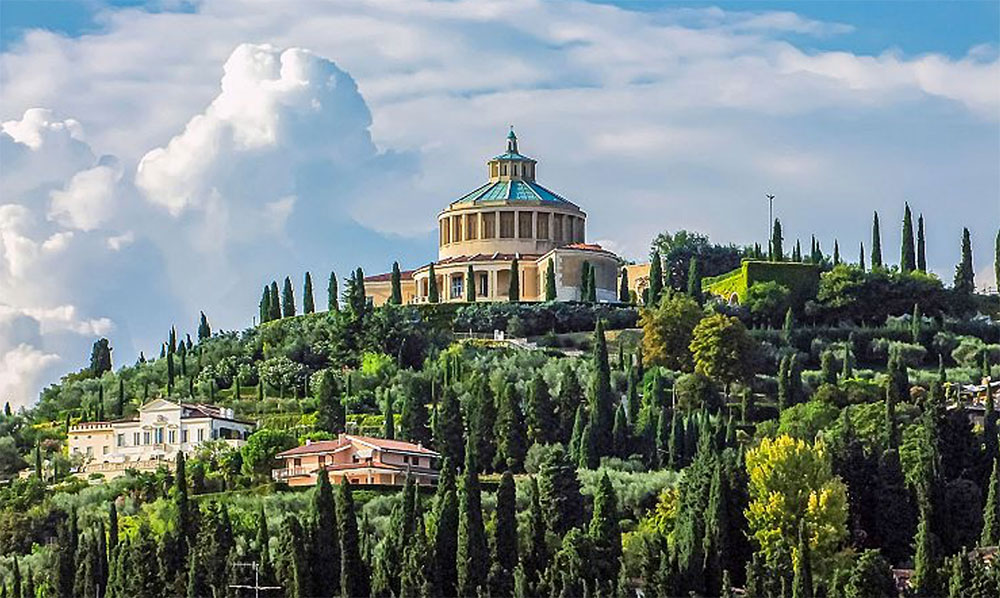
As we begin our journey to Bilbao, we will make our way to Lourdes; a small town located in the foothills of the Pyrenees in southwestern France, renowned worldwide as one of the most important pilgrimage destinations for Roman Catholics. The town’s fame began in 1858 when a young peasant girl named Bernadette Soubirous reported a series of apparitions of the Virgin Mary in a grotto near the town. These visions led to the establishment of the Sanctuary of Our Lady of Lourdes, which has since become a major site of religious devotion, attracting millions of pilgrims each year.
Our journey continues as we arrive in Bilbao, a vibrant city in Spain's Basque Country, renowned for its rich cultural heritage, impressive architecture, and dynamic culinary scene.
DATE(S): Thursday, 6 August, 2026
MEALS: Breakfast, Dinner
ACCOMMODATIONS: Hotel Carlton Bilbao or similar
Day 8 – Bilbao
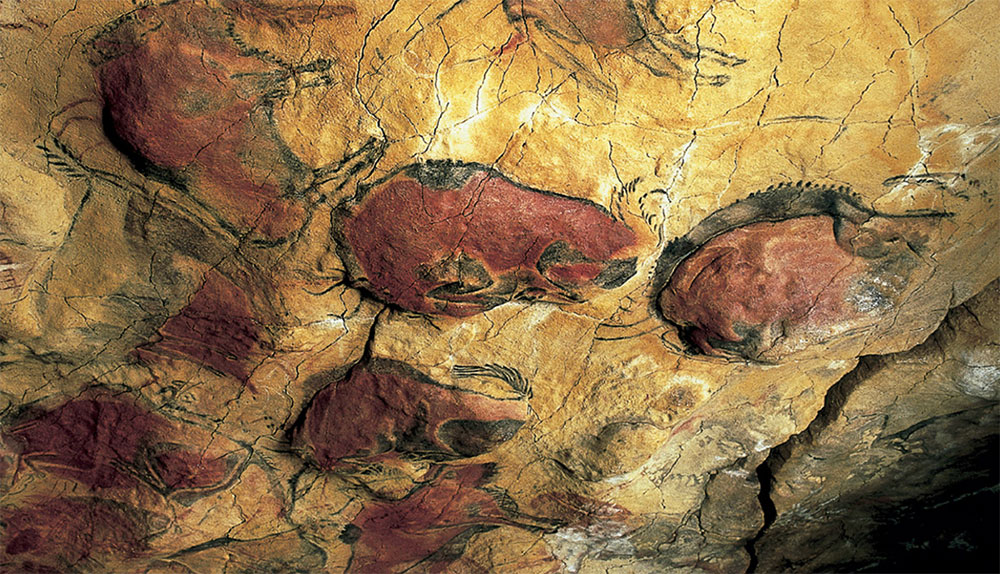
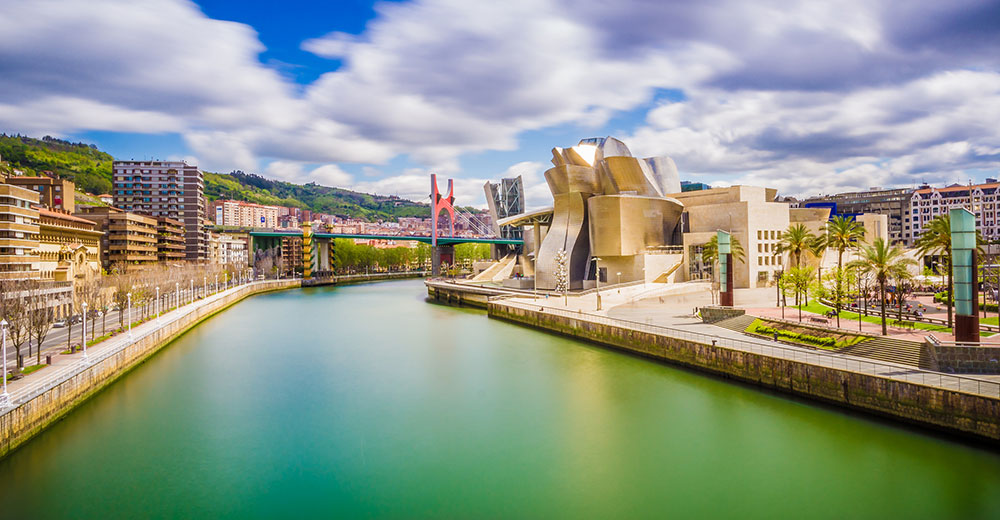
Today, on the final day of this incredible Pre-tour adventure, we head to the Altamira Neo Cave, a modern, carefully reconstructed replica of the original Altamira Cave, famous for its prehistoric rock art. Located in Spain's Cantabria region, the Neo Cave offers a chance to experience the awe-inspiring paintings and engravings of bison and other animals that date back over 36,000 years. This replica allows guests to explore the intricate artwork without damaging the delicate original site. The Altamira Cave itself is a UNESCO World Heritage site and is considered one of the most important and well-preserved examples of Paleolithic cave art, providing a fascinating glimpse into the artistic expression and spiritual life of early humans.
Tito Bustillo Cave: Situated in Asturias, Spain, the Tito Bustillo Cave is another extraordinary prehistoric site, famous for its complex cave paintings and engravings that are estimated to be around 14,000 to 25,000 years old. The cave’s artworks depict various animals such as horses, bison, and deer, as well as abstract symbols, offering valuable insight into the lives of ancient hunters and gatherers. Tito Bustillo is also home to some of the earliest known depictions of human figures in European cave art. This site, along with its surrounding archaeological significance, is part of the UNESCO World Heritage-listed "Cave Art of the Iberian Peninsula.
Then tonight, join the Spain Total Solar Eclipse: A Feast for the Senses group for a Welcome Dinner.
DATE(S): Friday, 7 August, 2026
MEALS: Breakfast, Lunch, Welcome Dinner
ACCOMMODATIONS: Hotel Carlton Bilbao or similar
Pricing
Single: $11,330
Double: $7,600
If you'd like to include this pre-tour extension in your Spain Total Solar Eclipse trip, please reach out to us at sunde@travelquesttours.com or mark@travelquesttours.com, or call our office at 1.928.445.7554 or 1.800.830.1998. We look forward to hearing from you!
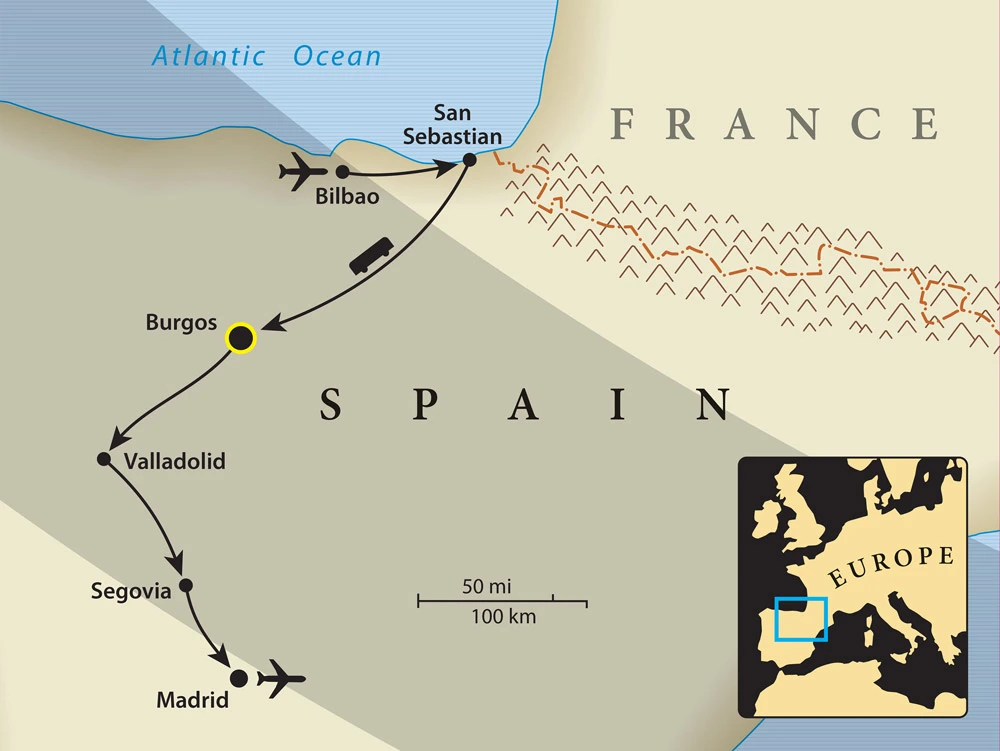 The spirit of discovery has defined Spain for more than six centuries, since the first wave of Renaissance explorers set off across the seas in search of terra incognita – promising gold, silver, spices and other riches to their royal sponsors. That same spirit of curiosity has long infused Spanish culture, from its extraordinary art and architecture, to its groundbreaking literature, to its distinctive wines and cuisine – all of which continue to be celebrated today in a land of remarkable vibrancy, flair and warm hospitality.
The spirit of discovery has defined Spain for more than six centuries, since the first wave of Renaissance explorers set off across the seas in search of terra incognita – promising gold, silver, spices and other riches to their royal sponsors. That same spirit of curiosity has long infused Spanish culture, from its extraordinary art and architecture, to its groundbreaking literature, to its distinctive wines and cuisine – all of which continue to be celebrated today in a land of remarkable vibrancy, flair and warm hospitality.